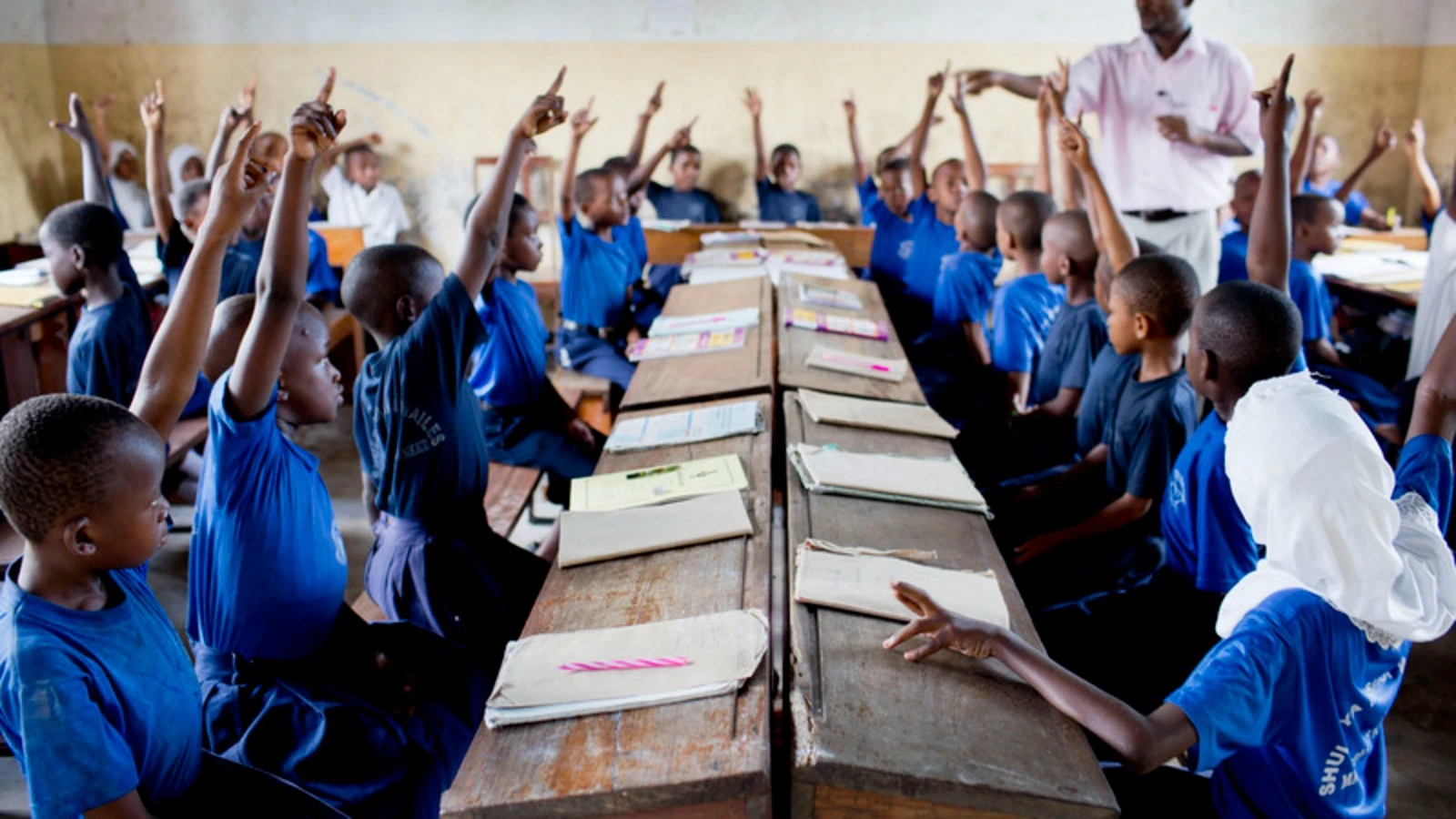Teaching: A profession that requires parental consent, trust

THE modern world has ushered in a heightened awareness across nearly all aspects of human life. Increased understanding enables the society to make decisions with greater confidence compared to the past. This confidence stems from enhanced knowledge of the economy, human rights, and safety.
Financial resources play a vital role in the teaching and learning process. Teachers need to be paid accordingly to enable them teach effectively. However, the teaching and learning materials require financial resources to purchase, hence the need for parents to make sure they select schools depending on financial capabilities to pay school fees.
Before the parent sends their children to a school they must know the fee structure to see if they can afford. Even additional teaching outside the school setting demands financial planning to make the exercise fruitful.Even additional teaching outside formal schooling requires careful financial planning to yield meaningful results.
Understanding the various factors that influence learning has further empowered the human rights movement. It is now recognized that punishment does not always lead to positive outcomes.
For example, forcing a student with learning disorders to meet the same standards as others might be considered a violation of human rights. Instead, such students can be supported to achieve their full potential and contribute meaningfully to society.
It is unnecessary for every student to excel in all subjects to be valuable. For instance, learners proficient in languages but weak in mathematics and sciences can still be crucial contributors, such as interpreters and translators.
Parents who understand the diverse abilities of learners are more comfortable collaborating with teachers to set realistic goals that benefit all parties in the learning process.
For some parents, enabling their child to read and perform basic arithmetic is sufficient as the teacher works to provide further assistance. Since human brains develop at different rates, it is unwise to force every student to meet uniform standards within the same timeframe.
Child safety has become a top priority due to increased threats. Accidents and rights violations have made parents more vigilant. For example, some parents hesitate to send their children to school during December holidays because of heightened road traffic and reckless driving.
Effective communication between teachers and parents is crucial for mutual understanding. This ensures that no principles are perceived as being violated or any personal gain sought outside the formal system.
Clear communication ensures that both teachers and parents are aligned in their goals and expectations for the child and prevents misunderstandings and creates a supportive environment for learning.
When teachers keep parents informed about their child's progress, challenges and achievements, it strengthens the parents' trust in the teacher's abilities and intentions. Effective communication allows parents and teachers to work as a team to address the unique needs of the student, creating tailored strategies for academic and personal development.
Open lines of communication help to quickly identify and resolve issues such as behavioural challenges, learning difficulties, or misunderstandings about school policies.
Collaboration between parents and teachers ensures that messages about behaviour, discipline, and academic goals are consistent at home and school, creating a stable and effective learning environment for the child.
Courses like educational psychology, sociology of education, and philosophy of education provide teachers with the skills to engage with parents effectively, fostering academic success for society at large. Thus, success in teaching requires the consent and trust of parents for several reasons.
During the teaching and learning process, measures to correct or enhance behaviour are sometimes necessary to promote academic excellence. These measures can appear as human rights violations if not properly communicated.
Teachers and schools must inform parents of any disciplinary actions and consider their feedback. This approach reveals parents' preferences and concerns, paving the way for agreed-upon standards that benefit everyone involved.
Academic assessments may reveal that a student is not ready to advance to the next class or lesson. Repeating a class often incurs additional financial costs, which parents must understand and support.
Teachers need to provide detailed explanations for such decisions. Similarly, when extra tuition is necessary, parents must consent to the slower pace of learning required for their child’s success, even if it increases expenses.
Teachers guide the teaching and learning process and may suggest arrangements such as purchasing academic materials or scheduling extra classes. These proposals often require financial investment, making parental consent essential for their implementation and the attainment of academic goals.
Teaching aims to develop personalities, making trust in teachers indispensable. This trust eliminates doubts that teachers act out of self-interest. Teaching is not merely a profession but a vocation.
Parental approval ensures smooth academic operations and supports the collaborative nature of education. Parents—who fund schools through fees that cover expenses such as food, accommodation, and salaries—are integral to the effective functioning of educational institutions. Thus, agreement between teachers and parents is indispensable for a successful teaching and learning process.
Top Headlines
© 2025 IPPMEDIA.COM. ALL RIGHTS RESERVED

























